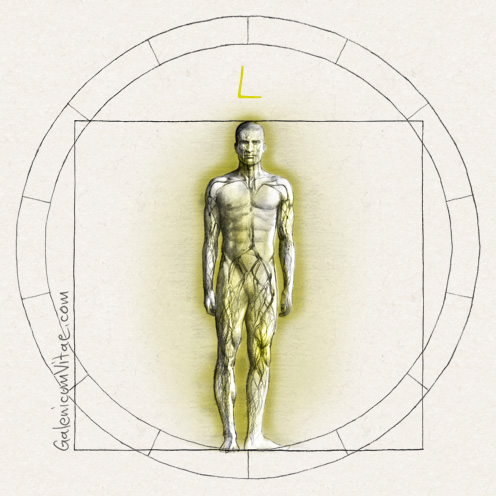The immune system consists of the lymphoid tissues of the organism and includes: bone marrow, lymph nodes, the spleen, thymus, tonsils, and parts of the digestive tract.
When the immune system detects a foreign particle (antigen), it responds by producing proteins called antibodies that destroy the harmful substances. The immune response also includes phagocytosis, which is the destruction of bacteria and other foreign substances by the white blood cells by internalizing and subsequently destroying them. Proteins called "complement" help in this process.
Immune system disorders occur when the system is not working well and does not fight tumours or harmful substances as it should. In these cases, the immune response is excessive or deficient.
The immune system consists of the lymphoid tissues of the organism and includes:
- Bone marrow
- Lymph nodes
- Spleen and parts of the gastrointestinal tract
- Thymus
- Tonsils
There are proteins and cells in the blood that are also part of the immune system.
Immune system disorders occur when the system does not fight tumours or harmful substances as it should. The immune response is excessive or deficient.
Increased by internal causes: autoimmune diseases (lupus, rheumatoid arthritis, psoriasis).
Increased by external causes: allergies, asthma, dermatitis, sinusitis.
Decreased by internal causes: cancer, tumours, stress.
Decreased by external causes: viral infections (HIV/AIDS, bacterial infections, mycotic (yeast) and parasitic).
Immunodeficiency disorders may affect any part of the immune system. Most commonly, these conditions occur when a type of white blood cells, called T or B lymphocytes (or both) do not work as well as they should or when the body does not produce enough antibodies.
For more information visit:
Immunodeficiency disorders
http://www.nlm.nih.gov/medlineplus/ency/article/000818.htm

 Digestive
Digestive  Blood
Blood Cardiovascular
Cardiovascular Dermatology
Dermatology Genitourinary,
Genitourinary, Hormones
Hormones Infections
Infections Oncology and
Oncology and Musculo-skeletal
Musculo-skeletal Mental health and
Mental health and Parasites
Parasites Respiratory
Respiratory Senses
Senses Various
Various




